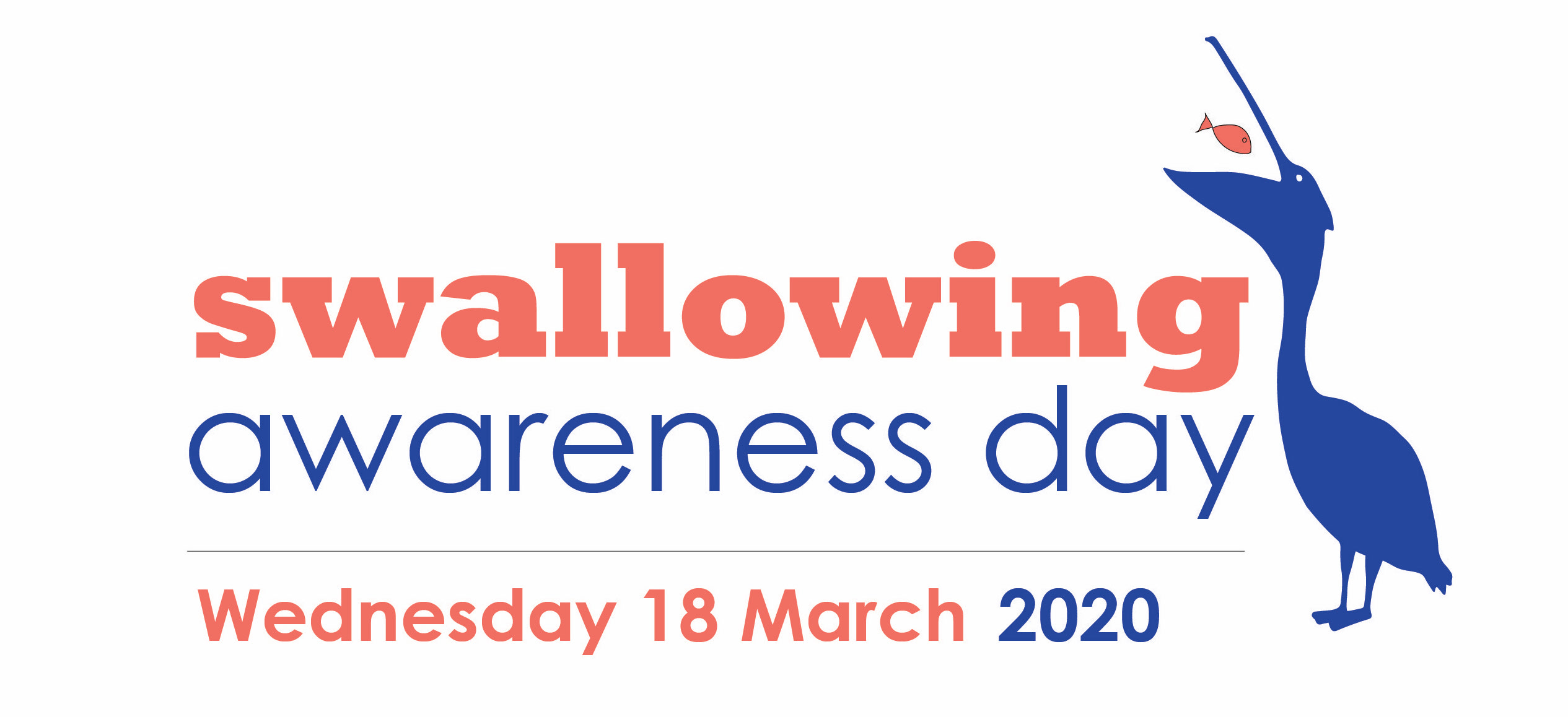Swallowing Awareness Day

On Wednesday the 18th March, Speech Pathology Australia is hosting Swallowing Awareness Day.
Dysphagia or swallowing difficulty may not be something you are overly familiar with, but around 1 million Australian's or one in 17 people have experience some form of dysphagia during their lifetime.
Some of the earliest signs and symptoms are coughing, gagging or chocking when eating or drinking. And also includes any problem with sucking, swallowing, drinking, chewing, eating and saliva control, as well as lip closure to stop food, liquid or saliva dribbling out.
The most common populations to experience swallowing difficulty at some point are:
- older adults in nursing homes and even some of those aged 65+ living in the community
- those with medical conditions like Parkinson's disease, Alzheimers, Multiple Sclerosis, mental health disorders and stroke survivors
- patients with head and neck cancer post chemoradiotherapy
The aim of Swallowing Awareness Day 2020 is to draw attention to swallowing disorders and help connect affected individuals with speech pathologists to help. A range of information and resources can be downloaded from the Speech Pathology Australia website.
Swallowing Awareness Resources
How does a swallowing difficulty affect us as dental professionals?
Patients with a swallowing difficulty are at a higher risk of aspiration pneumonia. This means that good oral hygiene practices are important to reduce plaque, food and bacteria accumulating in the mouth. It is important to work with the patient and when needed their carer to help them determine the best and most manageable oral hygiene practices for the individual.
A good guide for oral hygiene advice based on swallowing difficulty was published in the Journal of Clinical Practice in Speech-Language Pathology and the full article including recommendations can be found here.
Who can help with swallowing difficulty?
Dysphagia is often treated with a multi-disciplinary approach, with speech pathologists taking a large role in the management of dysphagia.
If you would like to see more about how dental professionals and speech pathologists can work together, you can read our recent Bulletin article 'The call to Collaborate' co-authored by Karen Smart (dental hygienist and clinical lecturer) and Jenni-lee Rees (speech pathologist and senior lecturer).
References:
1. Speechpathologyaustralia.org.au. 2020. Home. [online] Available at: [Accessed 11 March 2020].
2. Lim, M., 2018. Basic oral care for patients with dysphagia - A Special Needs Dentistry perspective. Journal of Clinical Practice in Speech-Language Pathology, [online] 20(3), pp.142-149. Available at: [Accessed 11 March 2020].